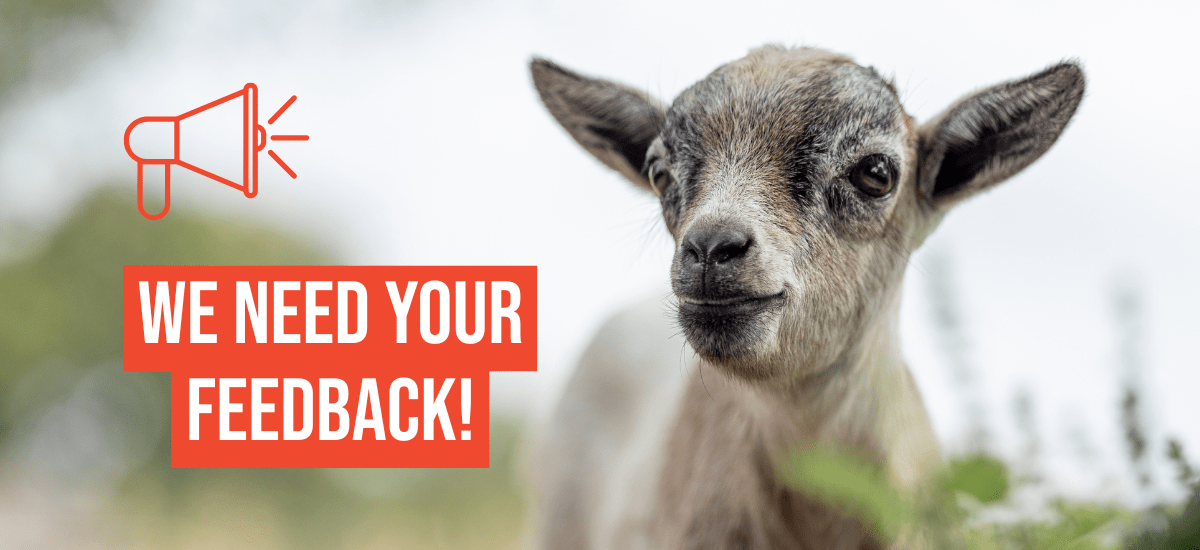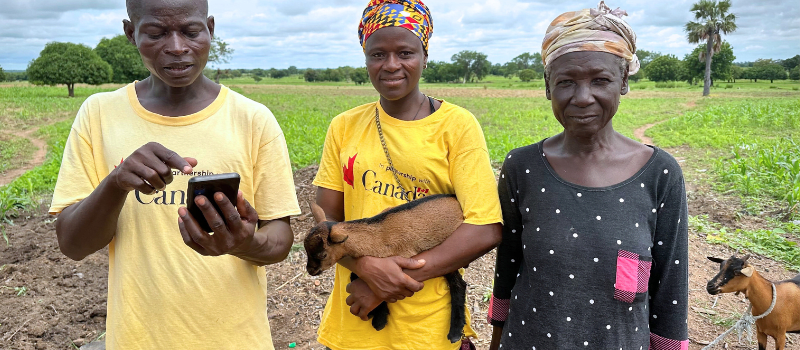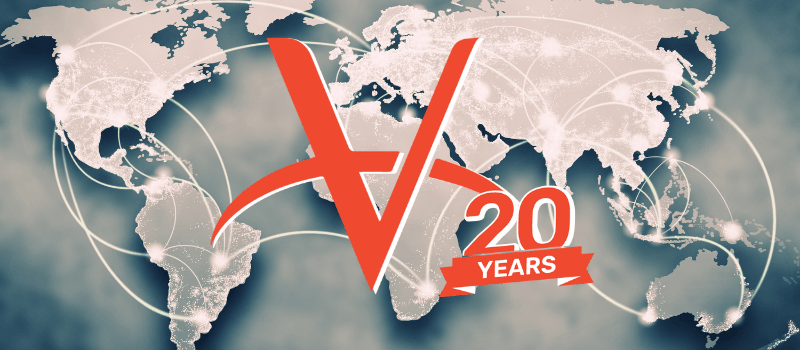BACKGROUND
Over half of Ukraine’s 14.7 million households are involved in small-scale agricultural production of some sort and provide for the food needs of their families and communities. According to the Ukrainian Agribusiness Club, Ukraine had 2.6 million livestock, 1.6 million of which were cows before the Russian invasion. However, about 15% of cattle have been lost due to the war. Similar trends have been observed in poultry production.
Most households operate on relatively small plots of land and concentrate on non-commodity crops, dairy, and poultry production. This system has long been viewed as a “safety net” meant to provide families with stable food (and/or income) during extraordinary events such as significant economic crises, temporary unemployment, epidemics, or war.
However, while the country industrial farming has gradually increased its efficiency over the last 20 years, household practices remained comparatively inefficient and unchanged. They are characterized by a lack of mechanization, basic livestock management practices, lack of veterinary support, basic feeding techniques and underperforming but resilient animal genetics.
In this context, Veterinarians without Borders/Vétérinaires sans Fontrières Canada (VWB) is looking for a consultant to support the development of its programmatic approach aiming at sustaining household-level livestock production practices during the war but also at offering pathways for reforming these practices in the long-term.
KEY ACTIVITIES
1. Analyze household-based livestock production systems in Ukraine, including the impacts of the war, sectoral gaps in immediate response activities needed, potential long-term development opportunities, and constraints for growth.
2. Based on SWOT analysis, identify programmatic entry points to (i) maintain household-based livestock production during the war (humanitarian response) and (ii) support its long-term development (reconstruction/recovery phase). The proposed programmatic approaches will need to include, at least, target regions of the country, intended objectives, detailed gender-inclusive activities, as well as possible output and outcome-level performance indicators. This analysis should also identify and map key actors doing this programming showcasing where there are gaps as well as the UN cluster groups representing this work.
3. Identify the role of the Ukrainian private and public sectors, determine bottlenecks for a more active role of the private sector, and propose measures to overcome them.
4. Identify potential Ukrainian partners who could support VWB in implementing the strategy.
5. Identify any potential funding opportunities for this strategic work.
DELIVERABLES
1. Outline of the program strategy document. The outline will include at least the title and a description of the content of each section of the strategy document. Timeline: No more than ten working days following the signature of the consultancy contract with VWB.
2. Program strategy to support the development of the livestock sector. Timeline: No more than 25 working days after receiving approval from VWB on the outline.
DURATION OF THE CONSULTANCY
The expected duration of this assignment is 35 days.
QUALIFICATIONS AND REQUIREMENTS
• Degree in animal production/ sciences, agriculture economics, or veterinary medicine or equivalent work experience in undertaking similar assignments.
• Demonstrated experience in livestock sector analysis. Knowledge of the livestock sector in Ukraine would be an advantage.
• Demonstrated experience in developing strategies to support small-scale livestock farming activities in a humanitarian and/or post-conflict context.
Interested candidates are invited to send their CV, cover letter and financial proposal to recruitment@vetswithoutborders.ca
Application deadline is November 30, 2022.





